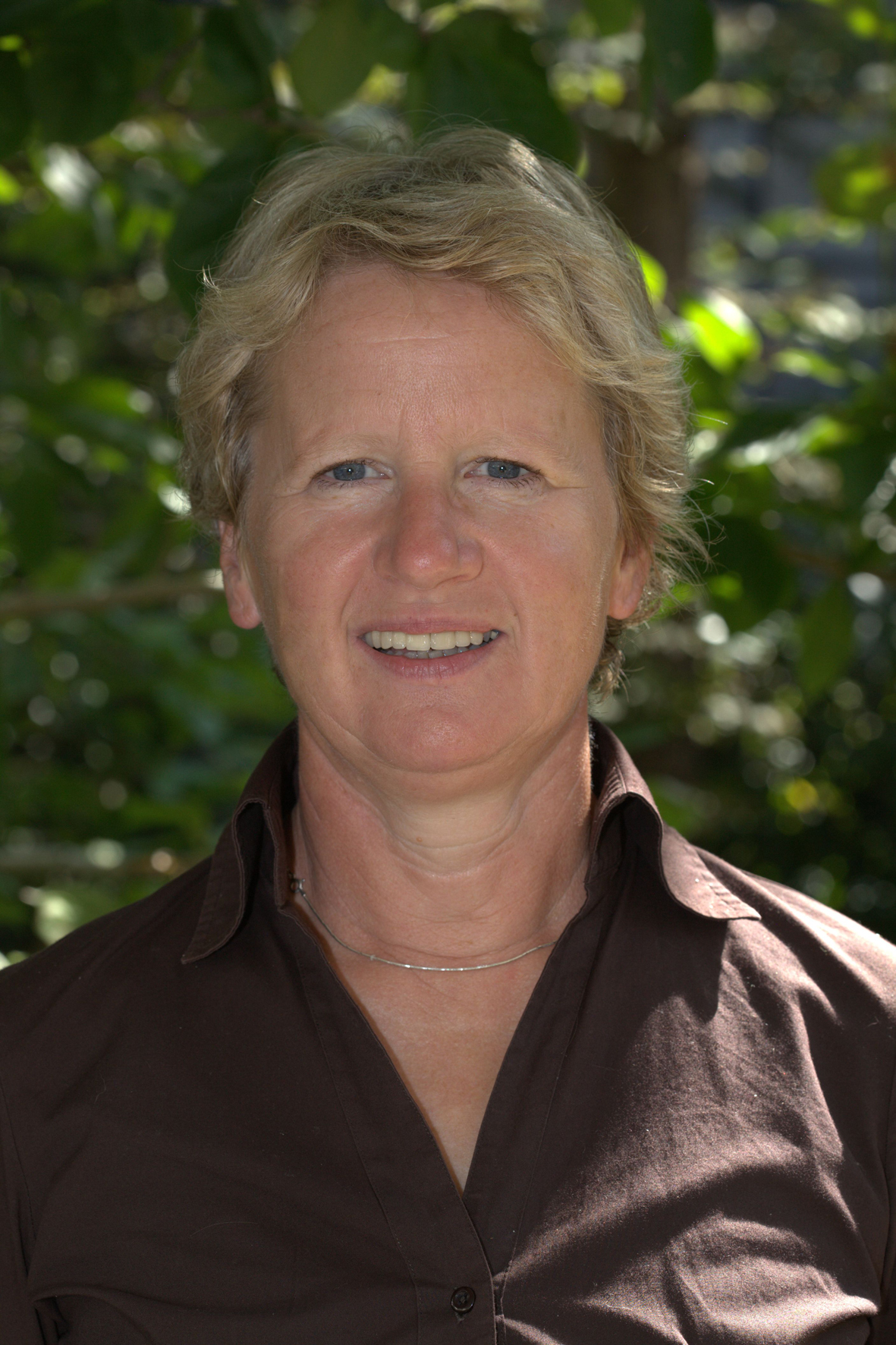
The name of the ad hoc working group IMODDUS at the Community Plant Variety Office (CPVO) stands for Integration of molecular data into DUS testing. The creation of IMODDUS was agreed by the CPVO Administrative Council (AC) in the framework of the adoption of the R&D Strategy for the period 2015-2020. To carry out its mission successfully is a priority for Martin Ekvad, the President of the CPVO. European Seed sat down with Anne Weitz, Technical Expert Plant Breeders Rights of the CPVO.
European Seed (ES): Recently there have been regular discussions about the use of biomolecular techniques in the testing of Distinctness, Uniformity and Stability (DUS), which are prerequisites for plant variety rights. Why is it necessary to add these techniques to the toolbox of the DUS examiner?
Anne Weitz (AW): CPVO has the firm conviction that biomolecular techniques could help to improve quality and efficiency in DUS testing and provide useful tools for the enforcement of plant breeders’ rights. One of the main concerns of the CPVO is the number of varieties of common knowledge to be grown in such trials, which can for some species, include more than 1,000 plots. Varieties which are potentially similar to the candidate variety, have to be grown side by side in the trial that determines Distinctness, Uniformity and Stability (DUS) of the new variety. To ensure that the cost for acquiring a Community Plant Variety Right (CPVR) is kept at a reasonable level, there is an interest to reduce the number of varieties grown in DUS trials. Observing the extent of the currently available biomolecular techniques and how these are already used in DUS testing, one will see that they are mostly used for management of the reference collections with the purpose to exclude more varieties that need to be grown alongside candidate varieties. [...]
Read complete article published on European Seed Website, Vol. 4, Issue 3 here
